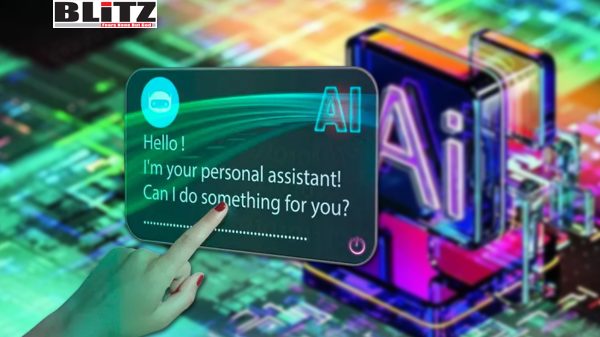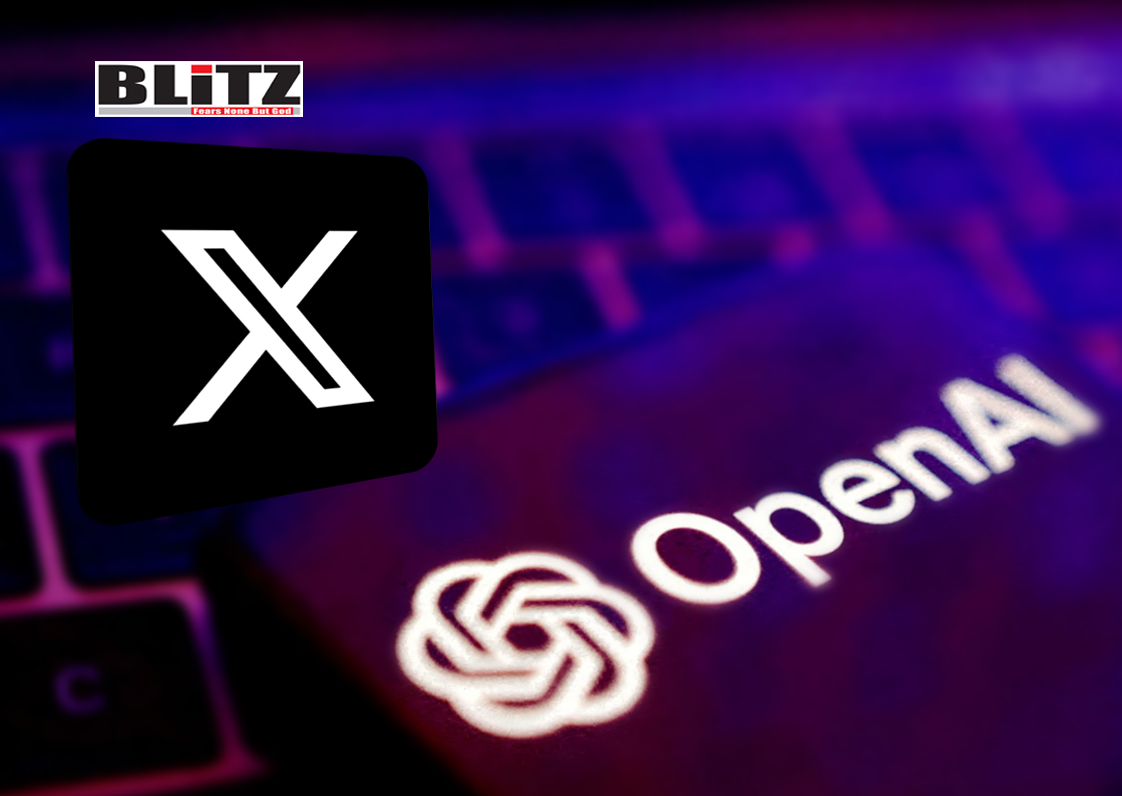Australian university students love Gen AI
- Update Time : Monday, September 11, 2023

Australian university students have shown a strong affinity for generative AI (Gen AI), and employers are being advised to embrace this technology as they prepare for a new generation of workers. According to a recent study by Deloitte Access Economics (DAE), 58 percent of respondents are already using Gen AI, with students being nearly twice as likely to use it compared to employees.
The survey encompassed 550 university students and 2,000 employees across 18 industries, revealing a notable age bias in Gen AI usage. Students were three times more likely to utilize Gen AI tools than mid-career workers. Students expressed that Gen AI technology helped reduce stress and anxiety related to their assessments, with some likening it to a supportive study companion.
The benefits of Gen AI were also evident among existing users, with 68 percent of students stating that Gen AI tools improved their ability to understand new information. Employees who used Gen AI tools daily reported saving an estimated 5.3 hours per week, citing examples such as Google’s Bard AI streamlining data analysis.
Deloitte’s report highlighted the transformative potential of Gen AI in reshaping the relationship between humans and technology, surpassing the impacts of the internet, smartphones, and cloud computing. The report also suggested that Gen AI could pave the way for a four-day workweek.
Despite these positive trends, the study found that much of Gen AI usage remains informal and discreet, with nearly two-thirds of employees believing their managers are unaware of their Gen AI use. As a significant portion of today’s university students prepare to enter the workforce, where Gen AI will likely play a crucial role, employers are urged to adapt and prepare for this paradigm shift.
Gen AI’s potential to disrupt various sectors of Australia’s economy was noted, with 26 percent of the economy expected to face instant disruption. Embracing Gen AI is seen as vital for boosting Australia’s Gen AI adoption, which currently ranks second-lowest among 14 major economies.
However, with two in five employees acknowledging that their businesses are not ready for AI, employers must act swiftly to accommodate a new generation of graduates who consider Gen AI a natural part of their work environment. The report emphasized the need for strategic planning and proactive measures to harness Gen AI’s benefits effectively.
Despite enthusiasm for Gen AI, concerns were raised regarding its use of personal and confidential information, potential factual errors, security risks, regulatory uncertainties, and transparency issues. Building trust in AI was deemed essential.
In a related development, OpenAI released a guide for educators titled ‘Teaching with AI’ to assist teachers in integrating AI chatbots, like ChatGPT, into the classroom. The guide offers recommendations and prompts for creating educational content, harnessing AI as a teaching aid, and fostering student engagement.
While AI tools like ChatGPT offer significant potential benefits in education, challenges include addressing biases, the digital divide, and the risk of AI-generated misinformation. These challenges underscore the importance of adopting AI thoughtfully and ethically in educational settings.


















